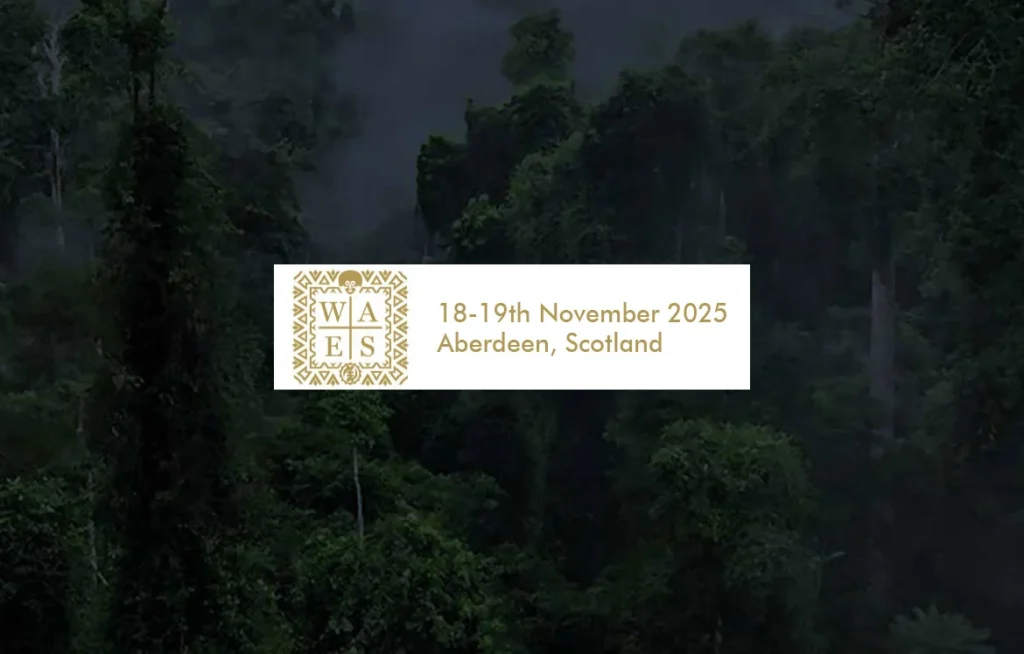Speakers emphasized the need for a differentiated approach to Africa’s energy transition at the Wider African Energy Summit.
With African energy demand projected to rise fourfold by 2040, Africa’s energy transition must take a differentiated approach. Speakers during the Wider African Energy Summit (WAES) underscored the need to move beyond relying on financial aid to instilling investor confidence across the continent, highlighting the role bankable projects play in advancing an inclusive energy transition.
“It’s all about building confidence and providing bankable projects. Everyone knows that Africa has the resources. Investors are looking for clear policies and investor-friendliness. The key is in a shift in mindset away from aid to investments, capabilities and opportunities. Africa does not need charity: it needs confidence,” stated Johann Jansen Rensburg, Director: Sub Saharan Africa at global energy services company NOV.
Africa’s energy demand is expected to be driven by rapid population growth in tandem with heightened economic and industrial activity. As such, Rensburg highlighted that the energy transition in Africa “must balance three areas: accessibility to reliable energy, economic growth and sustainability. Unlike well-developed countries, Africa’s challenge is not about over-consumption but about energy poverty. It should be about adding energy, smarter systems and not switching-off resources. The future of Africa is energy addition, rather than substitution.”
Echoing these remarks, Tanmay Sarkar, Global MWS Lead, Global Maritime, highlighted that, “There is no fit-for-all solution. We need to understand local requirements. Africa needs energy addition.”
Within this context, the speakers emphasized the role technology companies play in advancing the continent’s energy addition goals. Building on their experience in the oil sector, technology companies are well-positioned to integrate low carbon solutions such as natural gas and renewable technologies, thereby boosting operational efficiency while supporting energy addition.
Rensburg explained that, “This is where technology companies like NOV have a role to play. We can form a bridge between hydrocarbon production and renewable energy systems. We have a lot of experience in this area. Africa needs more sustainable energy and smarter systems.”
Beyond energy development, Sarkar highlighted the role of incorporating local players in the sector. He said: “We need to include local companies as much as possible. Training local people, integrating them in our operations is key. Not everything can be copy-and-paste. Approaches need to be modified.”
Hosted in partnership with the African Energy Chamber, the WAES convenes UK and African stakeholders in Aberdeen this week.
Source: WAES
“When you share your news through OGV, you’re not just getting coverage – you’re getting endorsed by the energy sector’s most trusted voice.”
